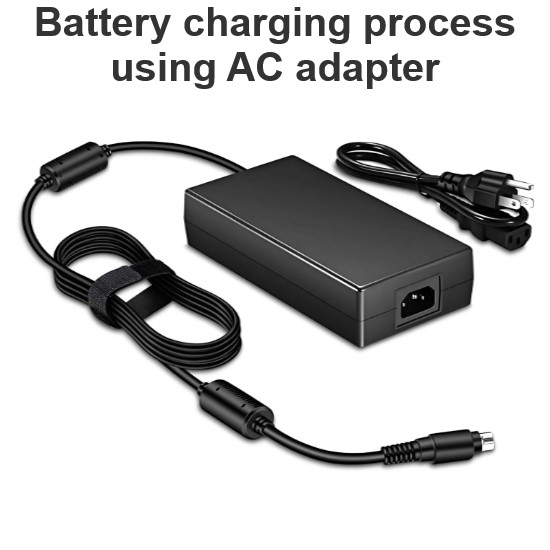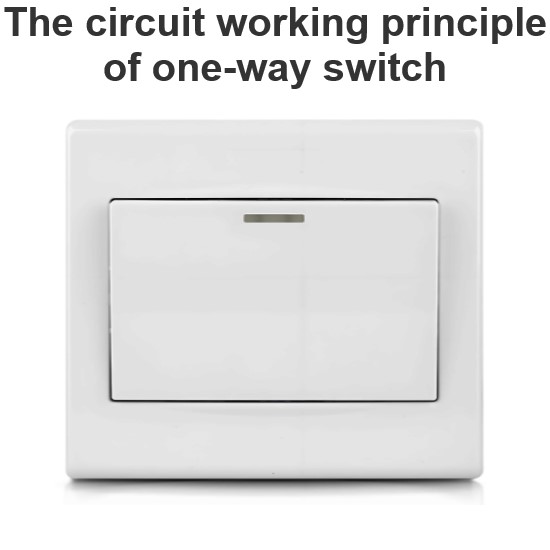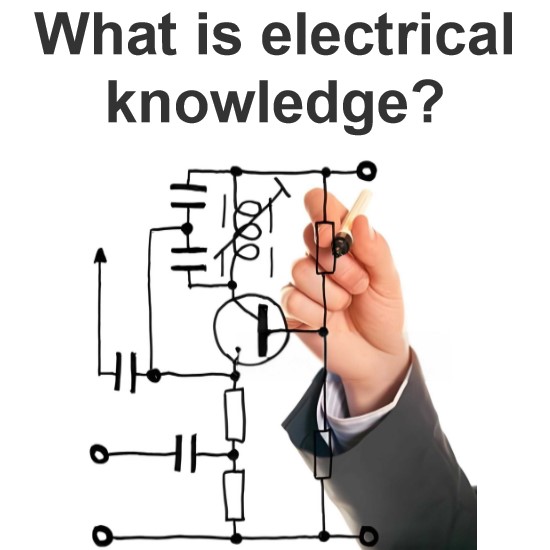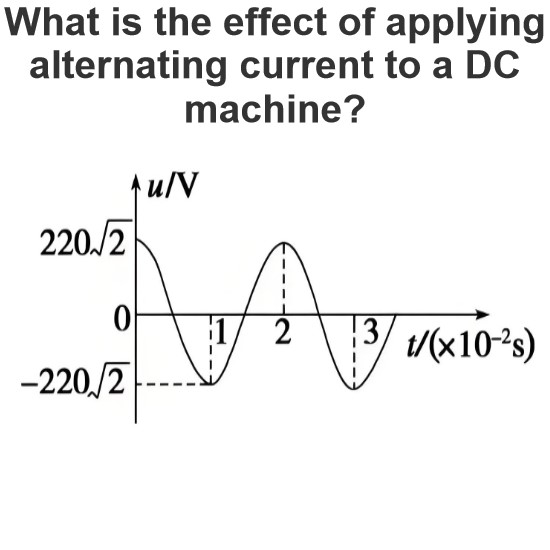What is a PLC?
What is a PLC?
PLC Definition
A programmable logic controller is a specialized computer designed to operate in industrial settings, managing and automating the mechanical processes of factories and plants.
Working principle of PLC
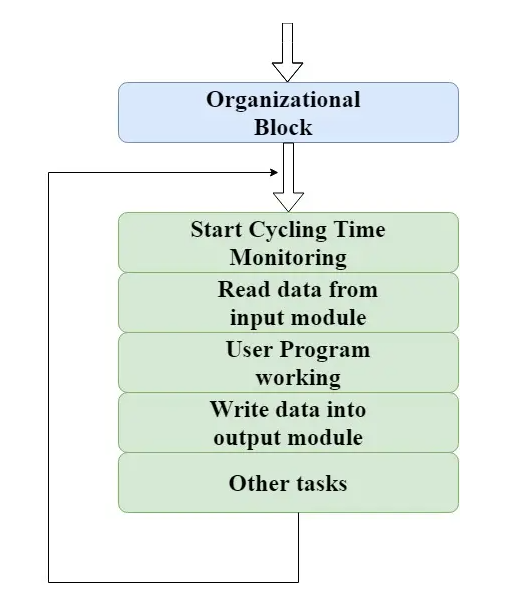
PLC components
Rack or chassis
Power Supply Module
Central Processing Unit (CPU)
Input & Output Module
Communication Interface Module
Functionality
PLCs handle tasks like timing and logic operations, significantly streamlining industrial processes.
Programming Flexibility
The programming of a PLC can be altered to meet changing operational needs, enhancing adaptability in industrial environments,the included programming languages include:
Textual Language
Instruction list
Structured text
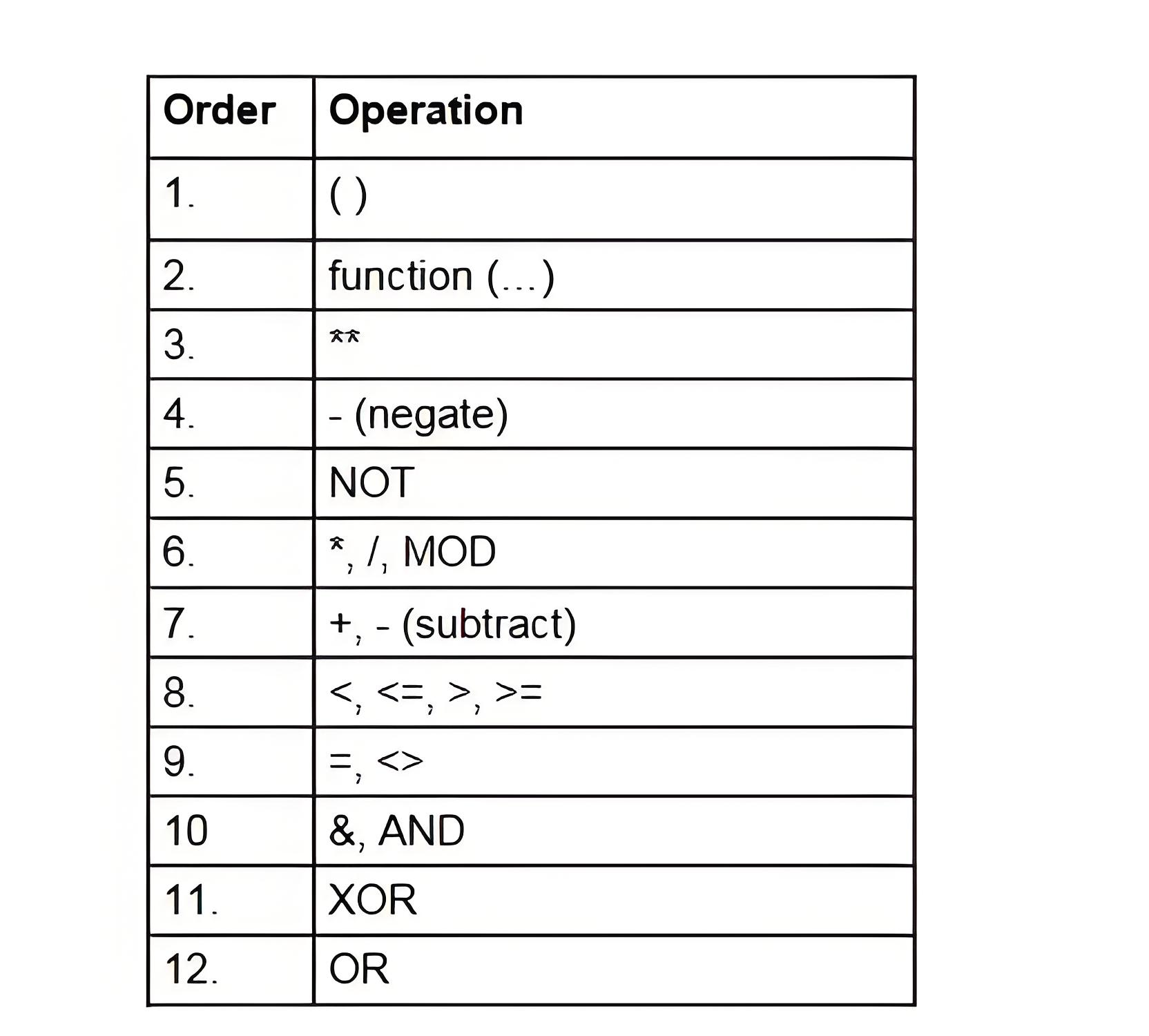
Graphical Form
Ladder Diagrams (LD) (i.e. Ladder Logic)
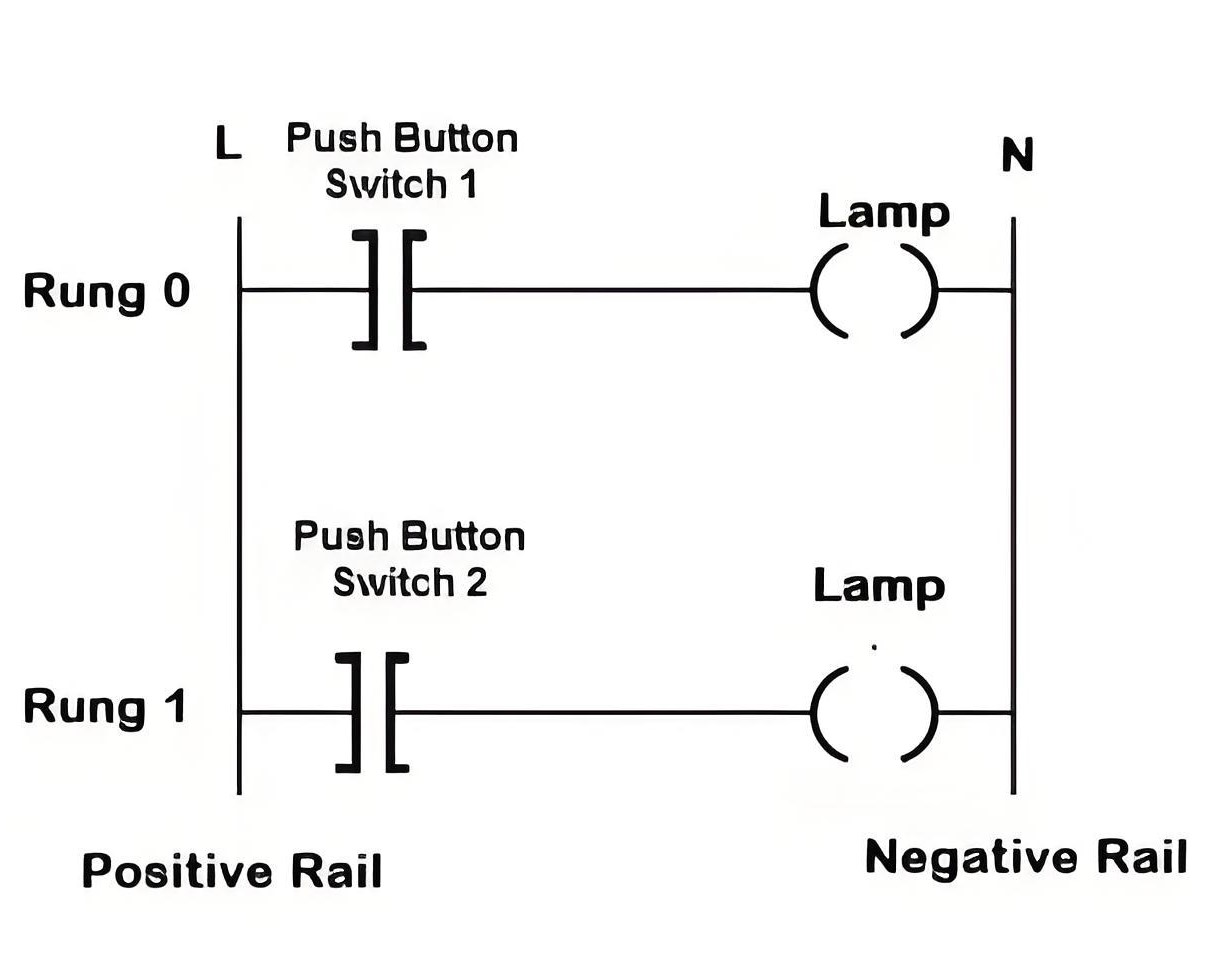
Function Block Diagram (FBD)
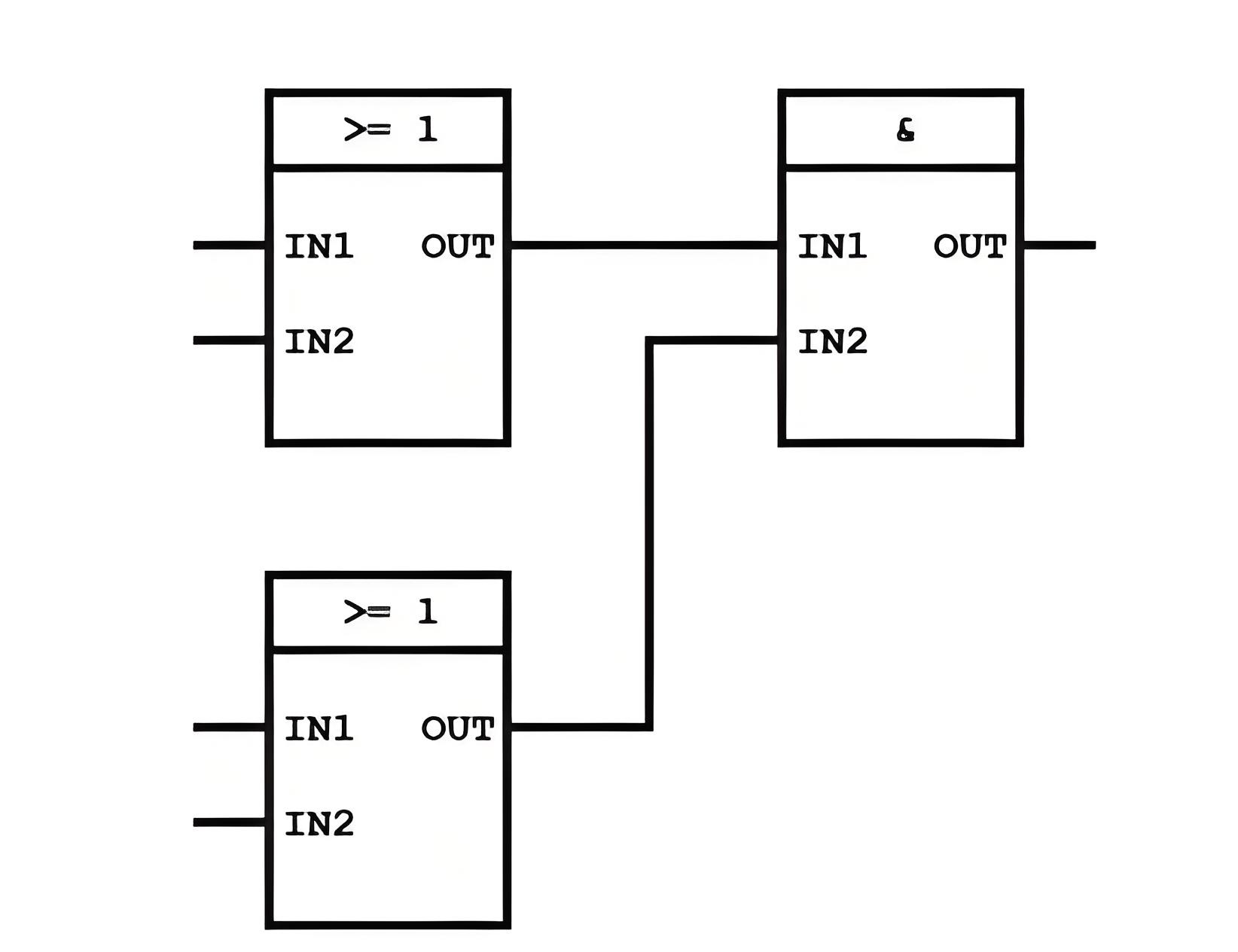
Sequential Function Chart (SFC)
Types of PLCs
Compact PLC
Modular PLC
PLC Applications
Process Automation Plants (e.g. mining, oil &gas)
Glass Industry
Paper Industry
Cement Manufacturing
In boilers – Thermal Power Plants
The Electricity Encyclopedia is dedicated to accelerating the dissemination and application of electricity knowledge and adding impetus to the development and innovation of the electricity industry.

